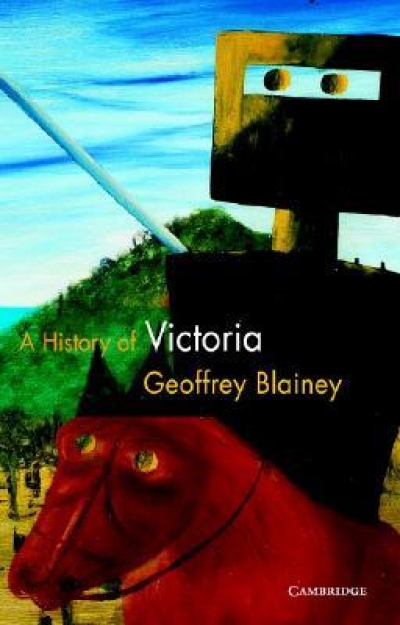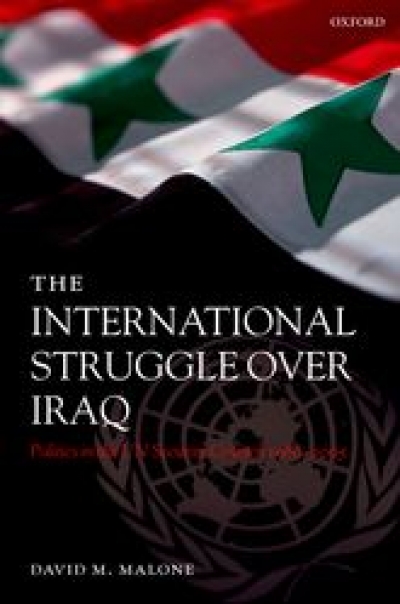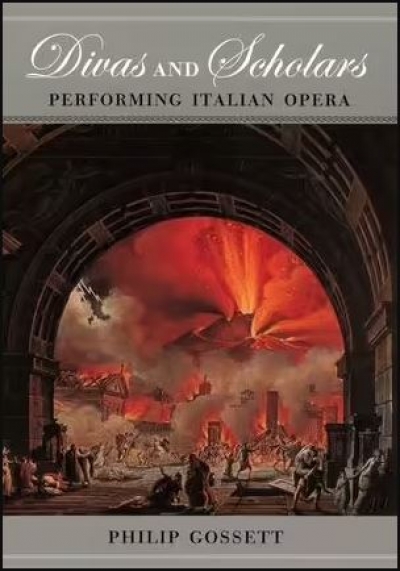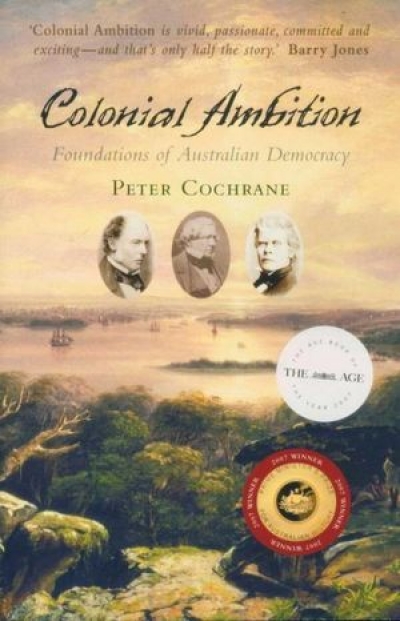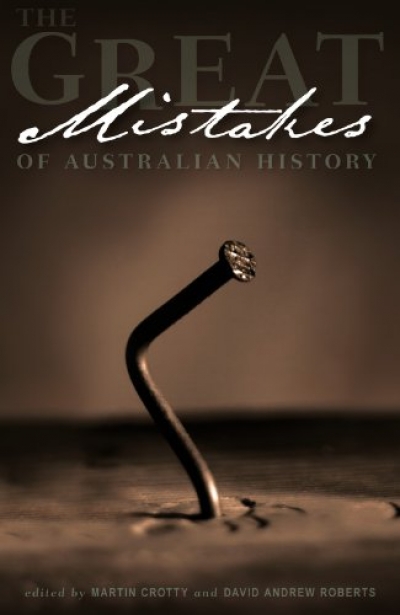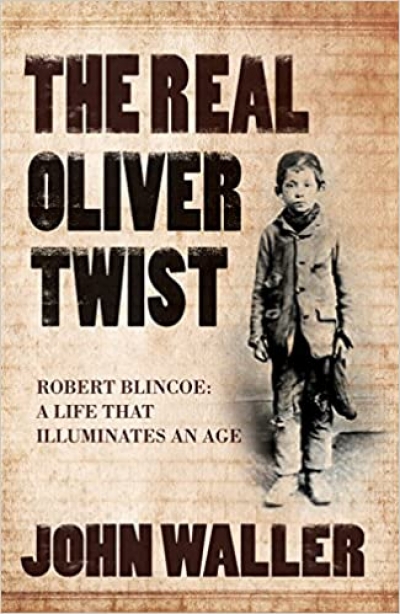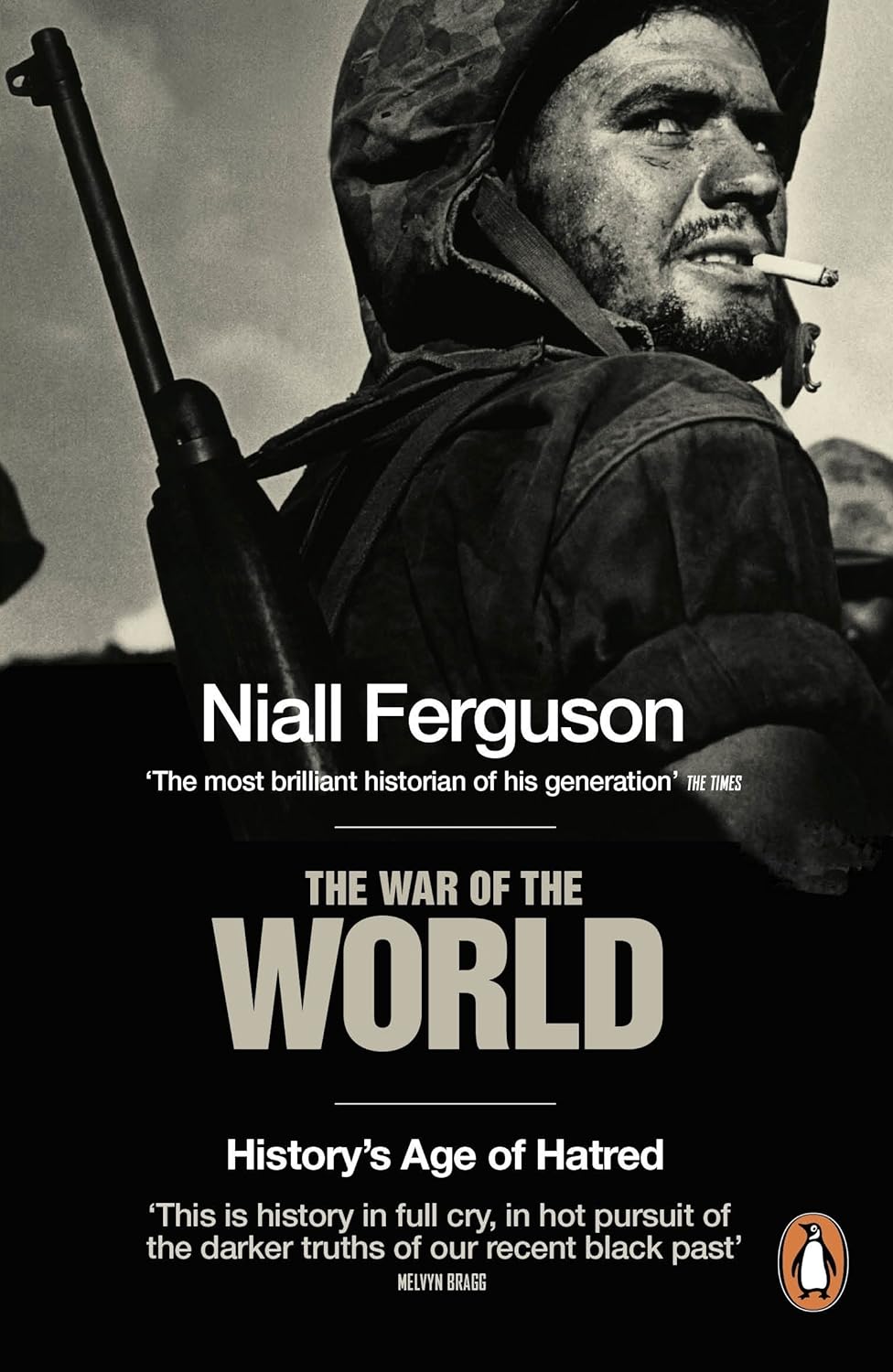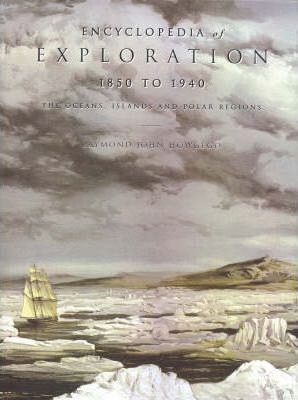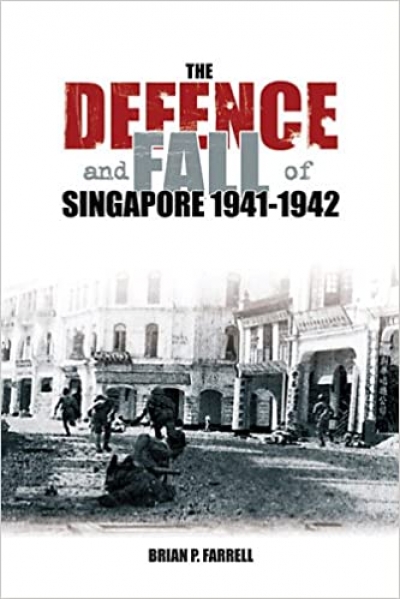History
An earlier version of this history of Victoria first appeared in 1984 as Our Side of the Country. Though for the past sixteen years Sydney-born politicians Paul Keating and John Howard have usurped Victoria’s former almost constant ‘top position’ in Canberra, the possessive pride reflected in that early title still runs through this modern version ...
... (read more)The International Struggle Over Iraq: Politics in the UN security council 1980–2005 by David M. Malone
Public debate in Australia about the United Nations is remarkably thin, and it is dominated by two familiar tribes of pundits: UN groupies and UN bashers. The groupies defend the international organisation come what may: they are suspicious about the motives of nation-states – especially the United States – and they get an attack of the vapours every time Kofi Annan appears at a lectern. UN bashers, on the other hand, never saw a Security Council resolution they liked. They scoff at the time it takes states to argue their differences, bristle at the idea of dealing with non-democracies, and propose American power as an alternative organising principle for the world. Neither group, in other words, takes a balanced or realistic view of the world body. They are so busy praising the UN or burying it that they don’t have the time (or, rather, the column inches) to analyse it.
... (read more)Divas and Scholars: Performing Italian Opera by Philip Gossett
Divas and scholars is the work of a scholar who is no stranger to the world of divas. Philip Gossett is a music professor at the University of Chicago and is principally in the business of preparing scholarly editions of nineteenth-century operas by Italian composers. We might think of the academic institution and the opera house as antithetical spaces, but Gossett is frequently called upon to advise and assist with the staging of works that belong to his area of expertise. In other words, not only does he know the operas of Rossini, Bellini, Donizetti and Verdi as historical artefacts and texts that take all manner of forms –fragments, drafts, complete manuscripts, variant manuscripts – but as phenomena that take shape on stage and in the orchestra pit in contemporary realisations that, as he argues, owe a responsibility to the fruits of scholarship. Divas and Scholars, then, is part personal and professional history, part history of nineteenth-century Italian opera (and operas in French by Italian composers), part manifesto, treatise on the transmission of opera and handbook for present-day singers, conductors and opera producers. In a happy coincidence, the author’s surname is a near-homonym for gossip, and this excellent book is leavened with timely and beautifully judged accounts of vanity, ignorance and arrogance: three vices which, while not indigenous to the opera house, are often depressingly at home within its gilded ambience.
... (read more)Letters Lifted into Poetry: Selected correspondence between David Campbell and Douglas Stewart 1946–1979 edited by Jonathan Persse
The writer Meg Stewart remembers, with affection and an abiding sense of privilege, growing up as witness to the friendship that flourished between two passionate Australian poets. One of these was her father, the New Zealand-born Douglas Stewart, for many years literary editor of the Bulletin. The other was the glamorous David Campbell, who served with distinction in the wartime RAAF and wrote his poetry while grazing his country acres on holdings around the Canberra region of New South Wales. Their friendship was sustained over thirty-five years, from just before the end of World War II until Campbell’s premature death in 1979. From the outset, Stewart especially had warmed to the Campbell charisma, always widely admired amongst both men and women, and amongst the young. In a letter to Norman Lindsay describing their first meeting, Stewart described Campbell as a ‘[m]ost likeable, vigorous bloke who believes that the artist & man-of-action are kinsmen’.
... (read more)Colonial Ambition: Foundations of Australian democracy by Peter Cochrane
This book is an account of politics in Sydney during the 1840s and 1850s. Occasionally, the story reaches into the depths of urban life, with descriptions of what Peter Cochrane calls ‘the city’s thick web of political conversation’. But Cochrane is mainly interested in the political leadership, and he has a small number of once celebrated men – William Charles Wentworth, Robert Lowe, Henry Parkes, Charles Cowper and a few others – carrying most of the action.
... (read more)The Great Mistakes of Australian History by Martin Crotty and David Andrew Roberts
The trouble about identifying great mistakes in Australian history is that most of them seemed like good ideas at the time. When, for instance, a recent IPA Review identified as one of Australia’s major errors the rejection in 1905 of George Reid’s free-trade federal government in favour of Alfred Deakin’s tariff protectionists, it indulged in anachronistic hindsight. However suited globalisation may be to the geopolitics and technology of the present day, things were different a hundred years ago. Every nation except Great Britain and Turkey used the tariff to protect local capitalists and employees. A whole anthology of ‘great mistakes’ risks deteriorating into a facile exercise in ancestor-bashing.
... (read more)John Waller is a science historian at the University of Melbourne, and his new book is a study of the life and times of one Robert Blincoe. Though he is hardly a household name, Blincoe’s career is interesting in that he is the first factory worker in Britain’s Industrial Revolution whose biography can be reconstructed in some detail.
... (read more)The War of the World: History’s age of hatred by Niall Ferguson
Occasionally, a television series on history is accompanied by an excellent book. Jacob Bronowski, anchorman for The Ascent of Man (1973), produced a book of the same name, the more remarkable because it lucidly explained complicated topics in the history of science. John Kenneth Galbraith’s challenging and quietly amusing The Age of Uncertainty (1977) came from another BBC series. Now the history of the twentieth century – or essentially the first half of it – is told and interpreted in this fascinating book by Niall Ferguson, a talented British historian who is a professor at Harvard University.
... (read more)Encyclopedia of Exploration, 1850–1940: The oceans, islands and polar regions by Raymond John Howgego
When does an explorer become an adventurer, an adventurer a traveller, a traveller a tourist? This third volume of Raymond Howgego’s monumental Encyclopedia of Exploration moves into a period when the lines become increasingly blurred.
Volume One (2003) covered all of human history up to 1800. In that period, any traveller who left a written account of his or her journey could be counted as an ‘explorer’, and Howgego’s sheer stamina in seeking them all out made this one of the extraordinary books of our time. Most reference works of this scale are assembled by small armies of writers, researchers and editors, funded by major international publishers. The Encyclopedia of Exploration to 1800 was the work of one man, supported by the comparatively modest resources of Sydney antiquarian bookseller and boutique publisher, Hordern House.
... (read more)The Defence and Fall of Singapore 1940–1942 by Brian P. F & Singapore Burning by Colin Smith
It is rare that two books of such quality should appear at the same time, especially on a subject as tragic but absorbing as the fall of Singapore. The reader is reminded immediately of films about the maiden voyage of the Titanic. You know that at the end of the film the ship has to sink: you also know that Singapore must fall with equally dramatic suddenness. Worse, in the case of Singapore, the systematic massacre (sook ching) of much of its overseas Chinese population by the Japanese kempetai (secret police) adds a huge dimension of tragedy to what is already a disaster; as does the fact that the Japanese, unlike most Western armies of the period, had no plans to deal effectively with more than 130,000 Allied prisoners, who were then dispersed and incarcerated in prisoner-of-war camps across South-East Asia and Japan itself. Every so often, these scenes are revisited by sympathetic writing, and also by new evidence and analysis, which is the case here.
... (read more)

